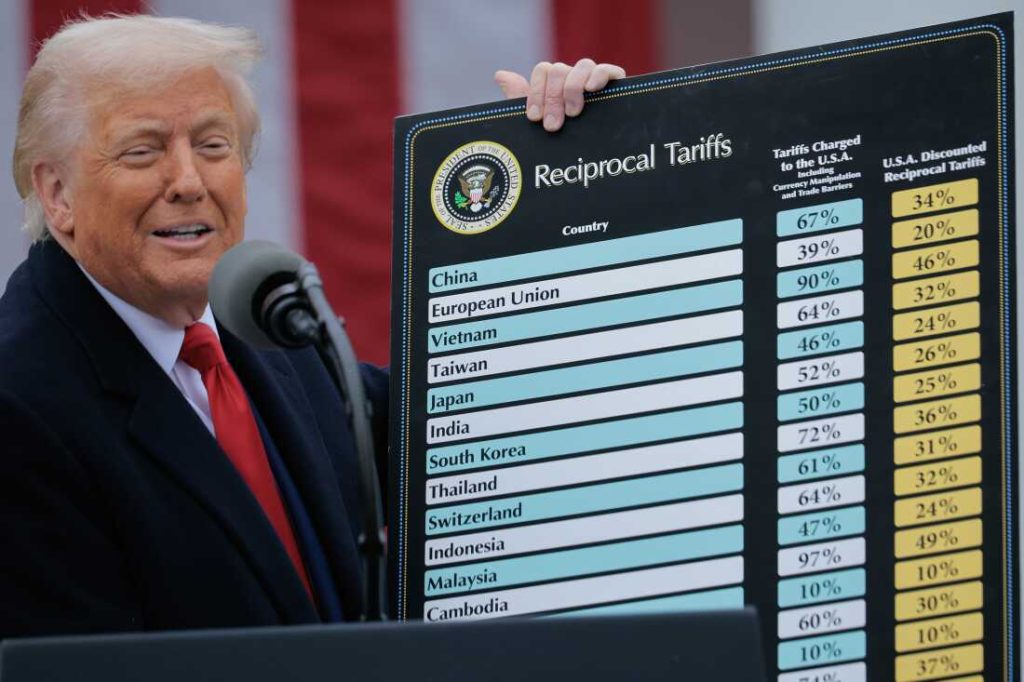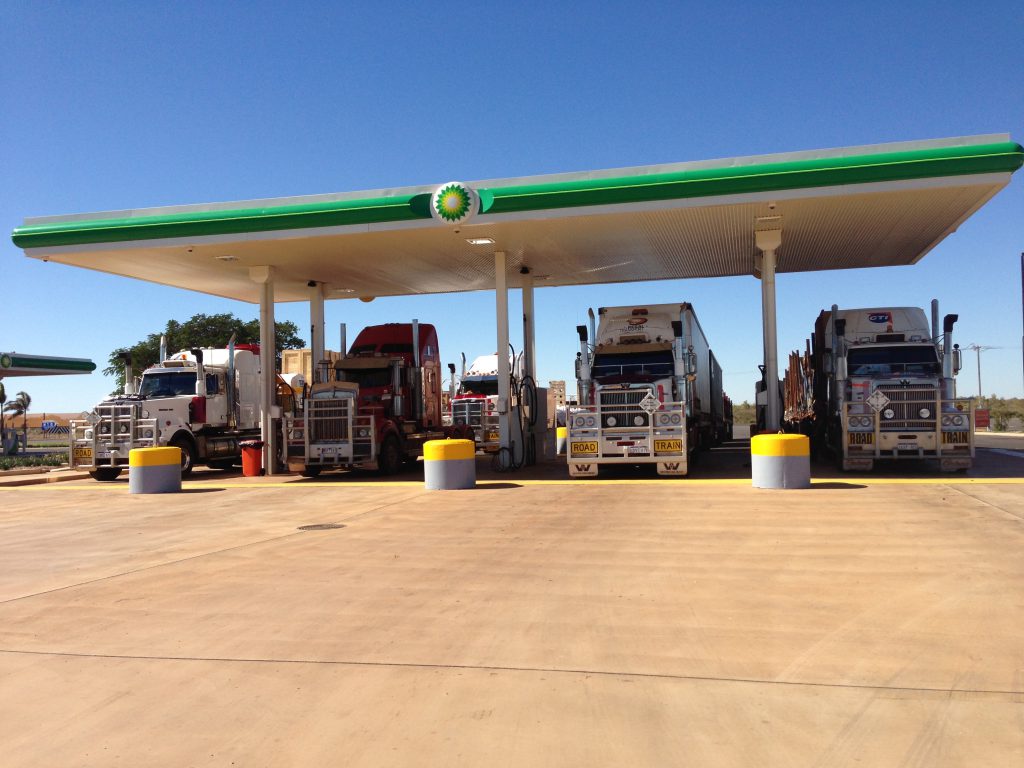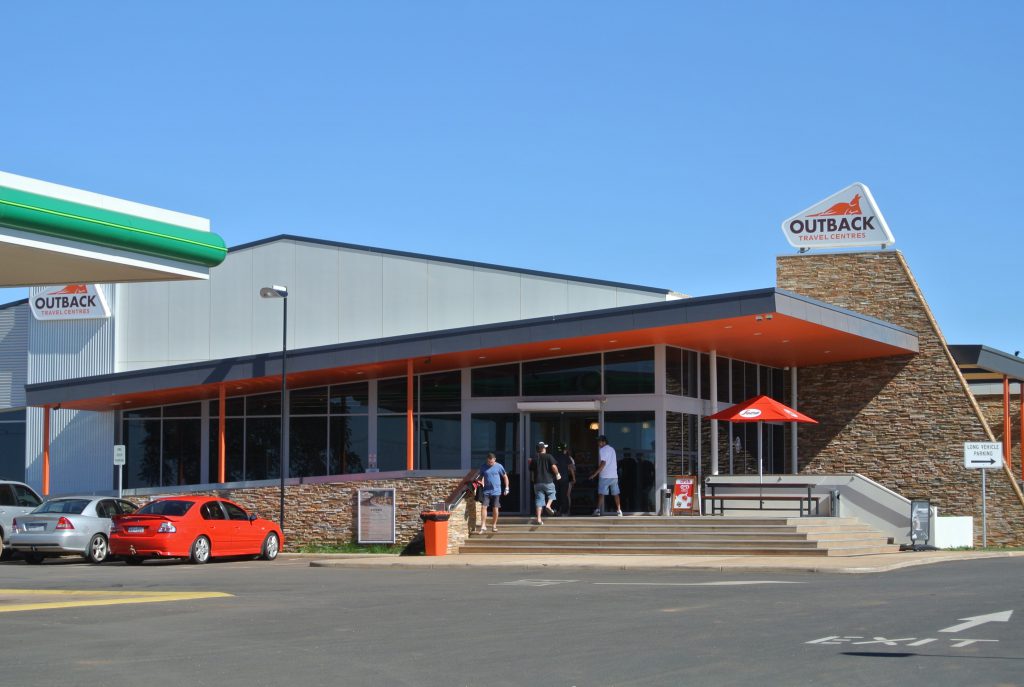Volatility: CRE a Safe-Haven in Treacherous Tariff Seas
Acure Asset Management provides in-house research, analysis and news bulletins to subscribers on a monthly basis.
Our reports are based on Australian Property and Market trends as they happen – as well as reflective reports on our portfolio and performance.
Subscribe for more tailored News and Insights from Acure Asset Management below or on our Contact page
In the wake of the sweeping tariffs announced by the Trump Administration on April 2, commercial real estate may emerge as a safe harbor for investors navigating an increasingly volatile economic landscape.
The first quarter of 2025 was marked by significant volatility, with sharp swings in equity prices and interest rates. Despite these challenges, CRE investors and lenders appeared unfazed, as evidenced by a surge in activity within the sector.
The LightBox CRE Activity Index hit a multi-year high in March, signaling robust demand for commercial property appraisals, environmental due diligence reports, and property listings. This resilience suggests that CRE may be better positioned to weather the economic fallout from the new tariffs compared to other asset classes.
One key reason for this optimism lies in the relative insulation of existing properties from tariff-related cost increases. Unlike new developments heavily reliant on construction materials and supply chains impacted by tariffs, existing CRE assets face fewer cost pressures.

Well Positioned for Volatility
Janus Henderson Investors co-heads of global property equities Guy Barnard and Tim Gibson, and portfolio manager Greg Kuhl said CRE was well positioned for uncertainty and volatility because of its underlying fundamentals.
“As real estate investors we don’t need to estimate how many units of our product consumers will buy this year, whether our suppliers will increase input prices for the goods we produce, whether our key drug will be approved or whether new tech will come along that makes our hardware or software obsolete,” the three said in a market commentary statement.
“CRE operates based on legally contractual leases wherefuture cash flows are highly predictable. High-quality real estate typicallyattracts high-quality tenants, which tend to meet their obligations – we sawthis even during COVID when tenants continued to pay rents even when theyweren’t there.”
They noted that while US imposed tariffs may play out acrossmarkets, CRE was immune to these impacts, but new building supply that tries topoach tenants was always a risk.
“The supply backdrop was already looking supportive with the brakes having been hit on new construction in many sectors in 2022/23. This benefit should feed into landlords’ pricing power in the years ahead, notably in sectors such as industrial/logistics and apartments,” they said.
“Real estate can sometimes be seen as a slightly boring asset class, lacking the headline-grabbing attention of other sectors. But against the current backdrop of a more volatile and uncertain macroenvironment, perhaps being steady and boring is a positive quality to have.”


Where are we?
This week, we received correspondence from one of our valued investors. They sought advice as to whether their investment in Acure’s Unlisted Commercial Property Funds was impacted by the recent share market plunge, and what we could do about it.
The short answer? No.
The benefits of investing in unlisted property funds are numerous but headlining these are the resistance to volatility. Steady, a word we throw around often, but that reflects our investments strongly, is a perfect summation of Acure’s position through the tough times set to hit the ASX and global markets.
One of the potential benefits of this situation is that interest rates may fall quicker and further than we estimated. This translates to lower interest costs and higher income available for distributions to investors. Lower interest rates also usually drive lower capitalization rates which can result in higher valuations.
It’s worth noting that it’s uncertain as to whether tariffs and an economic slowdown will have an effect on individual tenants.
Commercial Property doesn’t necessarily possess the glitz and glamour that tech startups or mining giants command (although we think it’s pretty neat), but Acure’s funds are essentially immune from the traumas of the stock market and trade wars.
Through savvy acquisition and sharp management, Acure can pay monthly or quarterly distributions at a minimum of 8% p.a. and open the door for high potential capital value growth over the term of the investment, and best of all, when the US loses their bearings, you don’t have to stress.

